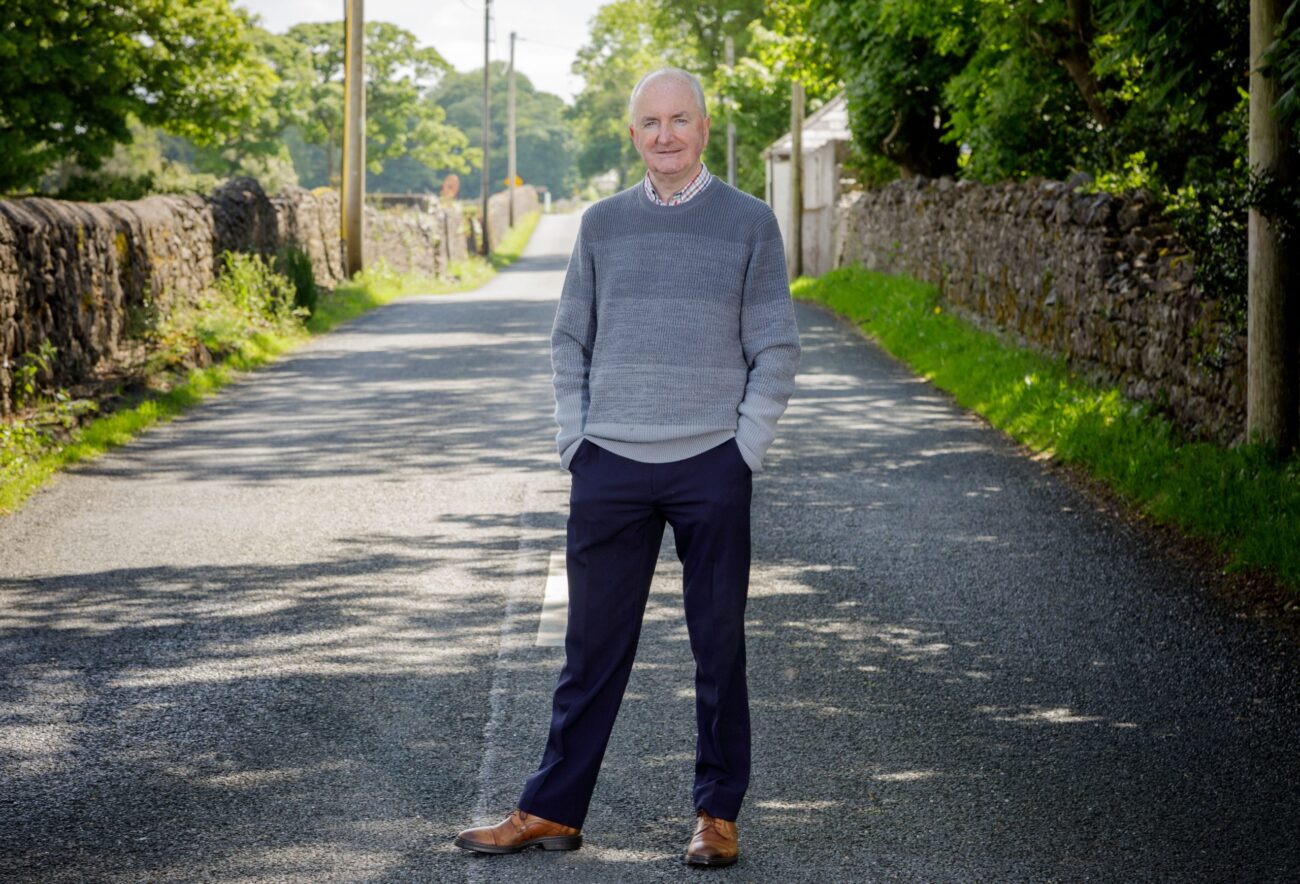“You can’t retire from thinking.” Tommie Gorman is reflecting on his life since his retirement from RTE earlier this year. His departure from the station led to many tributes about his contribution as a journalist and how his analysis had been critically important at times in Northern Ireland. Retirement from RTE for him means many things, primarily a chance to spend time at his home in Sligo with his wife Ceara after years in Brussels and Belfast. But he looks at the North at the moment and wants to write about what is happening there too. The DUP appears to…
Cancel at any time. Are you already a member? Log in here.
Want to continue reading?
Introductory offer: Sign up today and pay €200 for an annual membership, a saving of €50.

